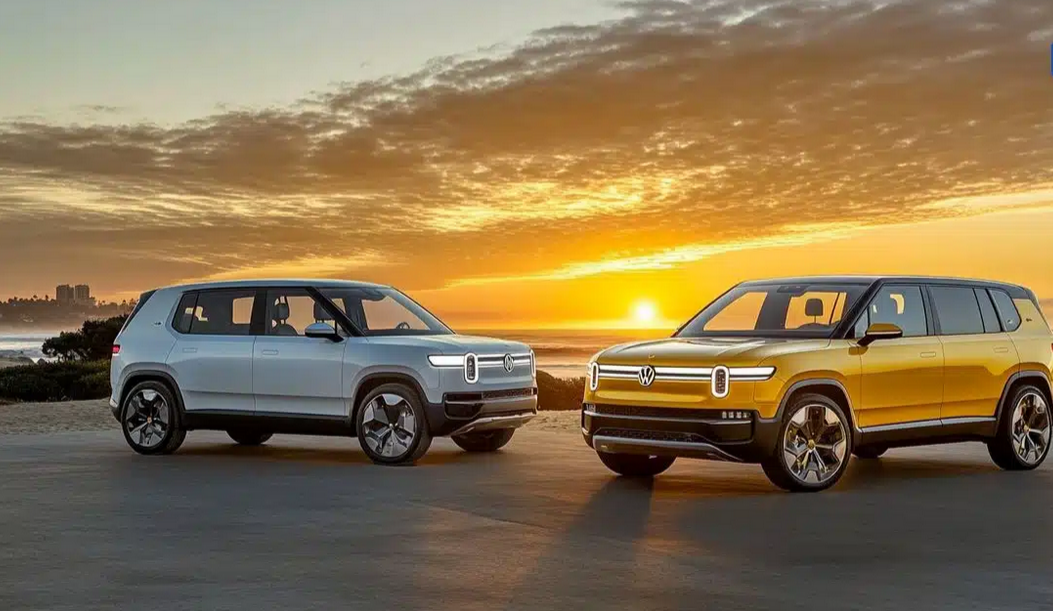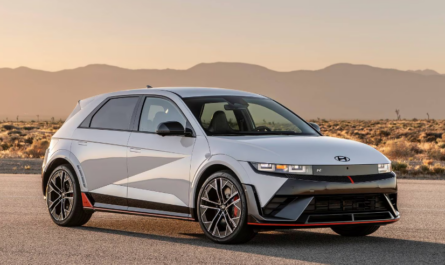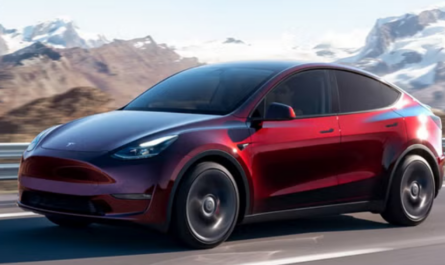In a groundbreaking move for the electric vehicle (EV) industry, Rivian and the Volkswagen Group have announced a $5.8 billion joint venture aimed at developing software-defined vehicle (SDV) technology. The collaboration represents a significant step in scaling EV production, enhancing vehicle software, and supporting Volkswagen’s lineup of cars by 2027.
Expanding the Investment
This latest investment marks a 16% increase over the $5 billion initially pledged in June. Previously, Volkswagen had contributed $1 billion through a convertible note, signaling its strong commitment to the joint venture. The additional funding demonstrates the strategic importance both companies place on advancing next-generation EV technologies.
Operations under the joint venture, named VW Group Technology, LLC, are set to commence on November 13. The partnership leverages Rivian’s innovation in EV platforms with Volkswagen’s global automotive reach, focusing on creating scalable software solutions for SDVs.
Leadership and Global Expansion Plans
The joint venture will be co-led by Wassym Bensaid from Rivian and Carsten Helbing from Volkswagen. Initially headquartered in Palo Alto, California, the venture plans to establish three additional offices in North America and Europe, fostering collaboration and technology exchange across key markets.
Demonstrating rapid progress, the partnership produced a Volkswagen test vehicle with Rivian software installed in just 12 weeks, unveiled at Rivian’s Palo Alto headquarters. This milestone highlights the efficiency and innovation both companies bring to the table.
The Importance of Software-Defined Vehicles
SDVs allow for remote software updates, new feature integration, and enhanced in-car services, all critical for maintaining competitiveness in the EV sector. Volkswagen’s Cariad software division has faced challenges in implementing SDV solutions, making Rivian’s expertise especially valuable. Through this collaboration, both companies aim to rival Tesla’s software capabilities and generate additional revenue from vehicle services.
Rivian’s advanced electrical architecture will be central to the joint venture, enabling over-the-air updates and innovative vehicle features. While Cariad continues managing Volkswagen’s current software platform, Rivian’s contribution ensures vehicles from VW, Audi, Porsche, and Scout are supported by 2027, with Rivian’s R2 SUV launching in 2026 utilizing this cutting-edge technology.
Tackling Industry Challenges
The joint venture coincides with major cost-cutting initiatives at Volkswagen, including workforce reductions, the closure of at least three German factories, and a 10% pay reduction due to declining EV sales. Rivian has similarly scaled back its 2024 production target to 47,000-49,000 units amid supply chain constraints and softer demand. These moves highlight the economic pressures within the EV sector and the importance of strategic partnerships.
Strategic Benefits for Both Companies
This collaboration offers mutual advantages. Volkswagen gains access to advanced EV software technology, enhancing its vehicles’ functionality and software capabilities. Rivian receives financial support and resource diversification, allowing faster technology development and broader deployment.
Key objectives of the partnership include:
- Accelerating Technology Deployment: Quickly integrate SDV software across Volkswagen brands and Rivian models.
- Lowering Development Costs: Share resources and expertise to streamline software and EV platform development.
- Enhancing Market Competitiveness: Equip both companies to compete effectively in the rapidly evolving EV market.
- Supporting Future EV Models: Lay the foundation for upcoming vehicles, including the R2 SUV and other VW Group models.
Global Implications for EV Innovation
The joint venture is emblematic of the automotive industry’s shift toward software-centric EVs. By heavily investing in SDV technology, both Rivian and Volkswagen aim to deliver vehicles with enhanced connectivity, user experience, and scalability.
The collaboration also addresses broader operational and production challenges. Volkswagen’s cost reductions and Rivian’s adjusted production targets illustrate how strategic alliances can mitigate financial risks while driving innovation.
Outlook and Future Prospects
With operations now underway, analysts predict significant advancements in EV software development. Volkswagen’s global brand network combined with Rivian’s technological expertise is expected to accelerate the adoption of SDVs, reduce development timelines, and lower costs.
Consumers can anticipate vehicles capable of remote software updates, enhanced in-car experiences, and seamless integration of advanced technologies. Investors may view the joint venture as a strategic alignment poised to enhance financial performance, operational efficiency, and long-term growth.
Conclusion
The $5.8 billion joint venture between Rivian and Volkswagen Group represents a landmark initiative in the evolution of software-defined electric vehicles. By merging Rivian’s innovation with Volkswagen’s automotive expertise, the partnership is set to deliver next-generation EVs with advanced SDV technology.
Under the leadership of Wassym Bensaid and Carsten Helbing, with rapid development milestones and plans for international expansion, the venture is positioned to meet ambitious goals: supporting Volkswagen Group vehicles by 2027 and launching Rivian’s R2 SUV in 2026. In navigating industry challenges, this collaboration offers both companies a pathway to accelerated technology scaling, reduced costs, and stronger competitiveness in the EV market.




